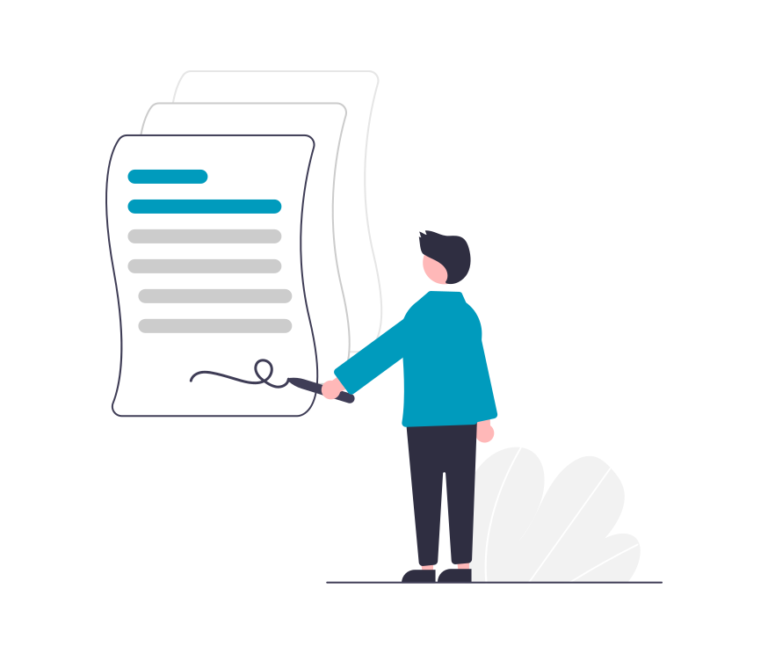How can I do well in IELTS reading tests?

This is the third of five chapters about Advanced IELTS. To complete this reader, read each chapter carefully and then unlock and complete our materials to check your understanding.
– Succeed in IELTS reading with familiarity, speed, skimming/scanning, vocabulary, main ideas/details, context clues, and mock tests.
– Know the IELTS reading rubric’s four criteria affecting the overall band score.
– Avoid pitfalls like spending too much time on a question, neglecting instructions, memorization, distractions, skipping proofreading, and insufficient practice.
Chapter 3
To succeed at IELTS reading, here are some tips to follow:
- Familiarize yourself with the test format: Before taking the IELTS reading test, make sure you are familiar with the test format. You can find sample tests and practice materials online to help you understand the structure of the test.
- Improve your reading speed: The IELTS reading test is timed, so it is important to improve your reading speed. Practice reading articles or passages and timing yourself to see how quickly you can read and comprehend the material.
- Develop scanning and skimming skills: Scanning and skimming are techniques that help you quickly find important information in a text. Scanning involves quickly searching for a specific detail or keyword, while skimming involves quickly reading the text to get a general idea of the content.
- Expand your vocabulary: To do well in IELTS reading, you need to have a good understanding of English vocabulary. Expand your vocabulary by reading a variety of texts and looking up unfamiliar words.
- Practice identifying main ideas and details: The IELTS reading test includes questions that ask you to identify the main idea or specific details in a text. Practice identifying the main idea and details by reading a text and summarizing it in your own words.
- Use context clues: If you come across unfamiliar words or phrases during the IELTS reading test, use context clues to help you understand the meaning.
- Take mock tests: Take mock tests to assess your progress and identify areas where you need to improve. This will help you focus your efforts on areas that need the most attention.
By following these tips, you can improve your chances of succeeding at IELTS reading.
What are the features of the IELTS reading rubric?
The IELTS reading rubric is used to assess the reading skills of candidates taking the IELTS test. The rubric has four criteria, each of which is scored on a band scale of 0 to 9. The four criteria and their features are:

1. Reading skills:
- Demonstrates the ability to read for the main idea and specific details
- Skims and scans text to locate relevant information
- Understands and interprets implied meaning
2. Vocabulary:
- Has a range of vocabulary appropriate to the task
- Uses appropriate collocations and word forms
- Demonstrates understanding of less common vocabulary
3. Grammar and Structure:
- Demonstrates understanding of sentence structure and grammatical usage
- Identifies and understands complex structures
- Understands and interprets complex sentences and discourse markers
4. Test instructions and question types:
- Follows instructions accurately and comprehends different types of questions
- Recognizes and understands the different types of texts and question formats
- Responds appropriately to the task requirements
The overall reading band score is based on the average of the four criteria scores, rounded to the nearest 0.5 or whole band. Candidates are assessed on their ability to understand, analyze and interpret different types of texts and on their ability to comprehend and answer questions accurately based on the text.
What are some common pitfalls to avoid?
If you want to succeed at the IELTS reading test, here are some things to avoid:
- Spending too much time on a single question: The reading test is timed, so it’s important to manage your time effectively. If you’re having difficulty with a particular question, move on to the next one and come back to it later if you have time.
- Neglecting the instructions: Read the instructions carefully and understand the question types to avoid losing marks for not following the instructions correctly.
- Focusing on memorization: The reading test assesses your ability to understand and analyze the given text, not to memorize it. Avoid trying to memorize the text as it won’t help you in the test.
- Being distracted by unfamiliar vocabulary: While you should have a good vocabulary, don’t get distracted by unfamiliar words. Focus on the meaning of the text and use context clues to understand unfamiliar vocabulary.
- Skipping proofreading: Carefully read your answers and check them for accuracy, spelling and grammar mistakes. A careless mistake can cost you marks, so make sure to proofread your work.
- Not practicing enough: Practice is key to success in the IELTS reading test. Try to practice as many sample questions and practice tests as possible to get familiar with the test format and to improve your reading speed and comprehension skills.

To reference this reader:
Academic Marker (2023) Advanced IELTS . Available at: https://academicmarker.com/IELTS-tests/advanced-IELTS/ (Accessed: Date Month Year).
Please note that this chapter has been generated with the assistance of educational AI.
Collect Academic Marks
-
100 Marks for joining
-
25 Marks for daily e-learning
-
100-200 for feedback/testimonials
-
100-500 for referring your colleages/friends